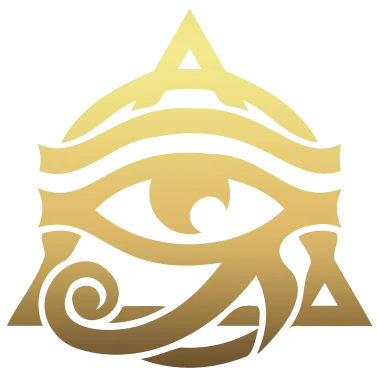Invaluable Academic Studies: What Should You Read to Become an Expert? 📚
In a world driven by innovation, knowledge is your greatest currency. Whether you’re aiming to break into a competitive industry or simply striving to become the most informed person in the room, reading the right academic studies can be life-changing. But where do you begin? Not all books or disciplines are created equal. Some provide a broader understanding of the world, while others specialize in sharpening your niche skills. With the rise of digital libraries and open access platforms, acquiring academic knowledge has never been easier—yet deciding what to focus on can be overwhelming.
This blog post breaks down the most invaluable academic studies that will elevate your expertise in any domain—from economics to psychology, philosophy to data science. Whether you’re a student, entrepreneur, or lifelong learner, we’ll guide you through the essential disciplines, recommended books, and where to find high-quality resources. Plus, we’ll explore how mastering certain academic fields can help you stand out professionally and intellectually. Ready to level up your brainpower? Let’s dive into the studies that are truly worth your time. 📖
1. Economics: Understand How the World Works
Economics is a foundation for anyone who wants to understand global trends, business dynamics, and even political systems. Mastering it can help you make better decisions in both personal finance and strategic business.
Recommended read: Capital in the Twenty-First Century by Thomas Piketty.
Explore courses on Coursera Economics Specialization.
2. Psychology: Decode Human Behavior
If you want to be an expert in leadership, marketing, teaching, or just better relationships, psychology is your secret weapon. It reveals how people think, behave, and make decisions.
Recommended read: Thinking, Fast and Slow by Daniel Kahneman.
Find courses at edX Psychology Courses.
3. Philosophy: Train Your Critical Thinking
Philosophy teaches you how to think—not what to think. It’s essential for anyone interested in ethics, logic, or abstract problem-solving. It also helps in professions like law, policy-making, and writing.
Recommended read: Stanford Encyclopedia of Philosophy (free and peer-reviewed).
Enroll in Introduction to Philosophy on Coursera.
4. Data Science: The Language of the Future
Data science has become a cornerstone of modern industries, from healthcare to fashion. Learning how to collect, analyze, and interpret data will make you indispensable in a world run by algorithms.
Recommended read: Data Science from Scratch by Joel Grus.
Free course: Kaggle Learn (great for practical skills).
5. History: Connect the Dots Across Time
To become an expert in any field, context matters. History helps you understand the roots of modern problems and how previous societies solved—or failed to solve—them. It’s a mirror reflecting humanity’s evolution.
Recommended read: Sapiens: A Brief History of Humankind by Yuval Noah Harari.
Free resources: Open Library and JSTOR.
6. Sociology: Master the Science of Society
Sociology helps you explore how social structures influence behavior. If you want to understand inequality, education systems, or cultural shifts, this field is a goldmine.
Recommended read: Evicted: Poverty and Profit in the American City by Matthew Desmond.
Start with Khan Academy for basics.
7. Linguistics: The Art and Science of Language
Language is more than just words—it’s a gateway into how people think. Linguistics is crucial for AI development, translation, cultural analysis, and even politics.
Recommended read: The Stuff of Thought by Steven Pinker.
Learn more through FutureLearn Language Courses.
8. Political Science: Power, Policy, and People
Understanding politics is essential, especially in our current era. Political science gives you insight into governance, ideologies, and civic responsibilities.
Recommended read: The Prince by Niccolò Machiavelli.
Explore free courses via MIT OpenCourseWare.
9. Anthropology: Decode Cultures and Civilizations
Anthropology bridges the past and present, the biological and the cultural. If you’re fascinated by human evolution, traditions, or rituals, this field is ideal.
Recommended read: The Story of the Human Body by Daniel Lieberman.
Get started with Coursera’s Intro to Anthropology.
10. Bonus: Interdisciplinary Studies
The modern expert is not confined to one field. Interdisciplinary studies like cognitive science, digital humanities, or environmental studies can provide hybrid skills and perspectives.
Try: Class Central to discover free academic content across disciplines.
Also, platforms like Academia.edu and ResearchGate let you access real academic papers shared by researchers themselves.
Conclusion
Becoming an expert isn’t just about having a degree—it’s about committing to lifelong learning and diving deep into the world’s most important ideas. Whether you’re reading philosophy to sharpen your mind or studying data science to prepare for the future, the right academic studies will transform your understanding and influence. Invest your time wisely, and the knowledge you gain will pay dividends forever. 🧠📘
Want to join a community of curious learners like you? Click here to join our WhatsApp community and connect with fellow seekers of knowledge.


